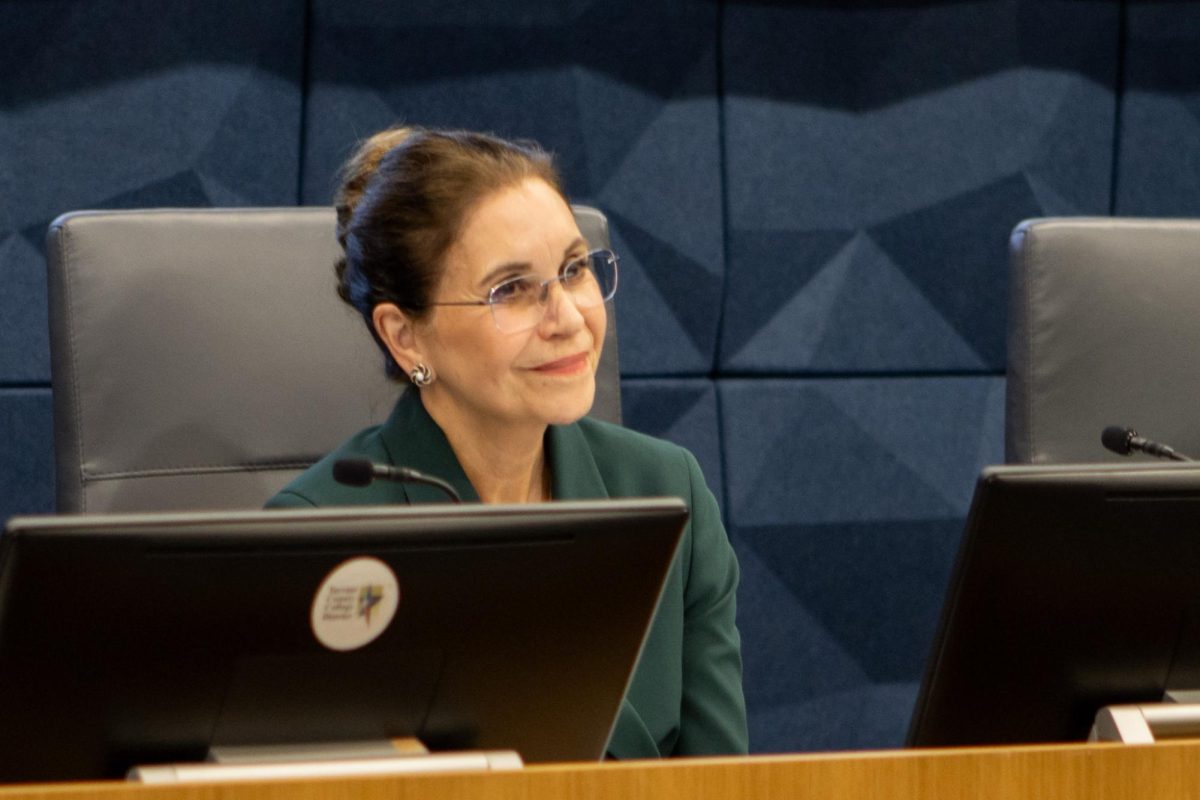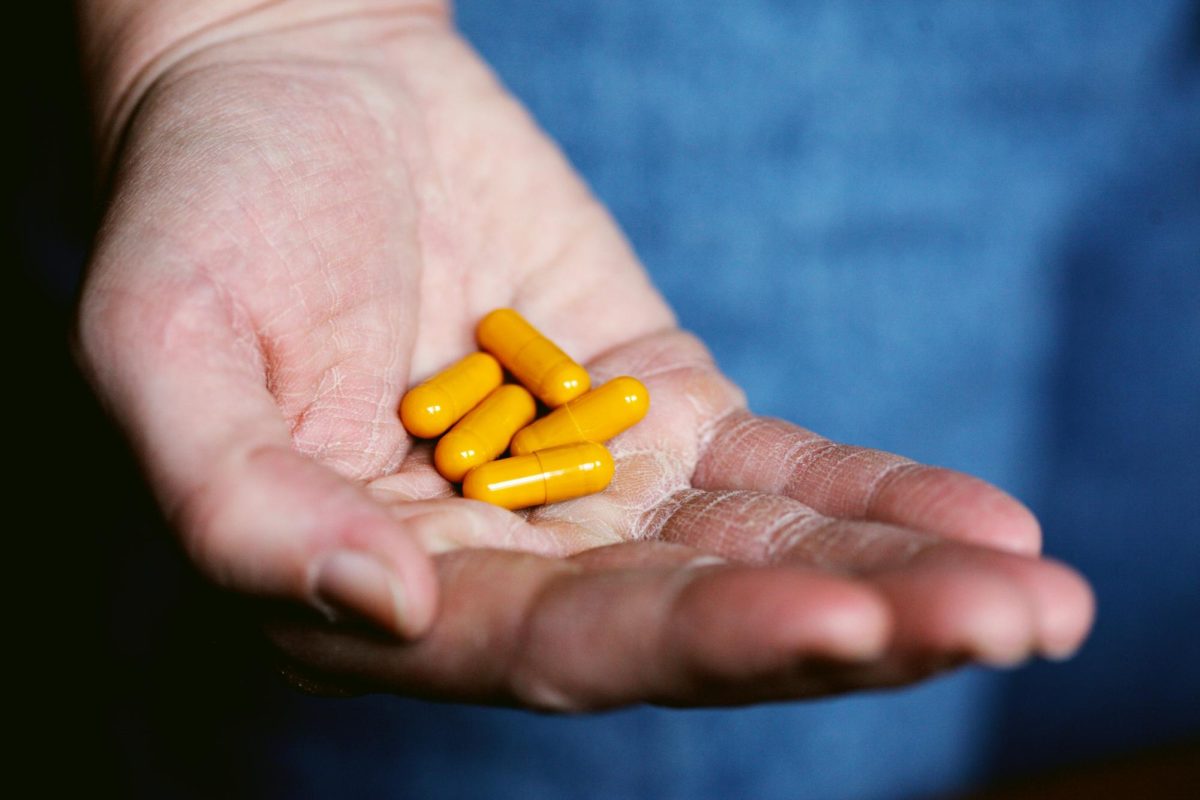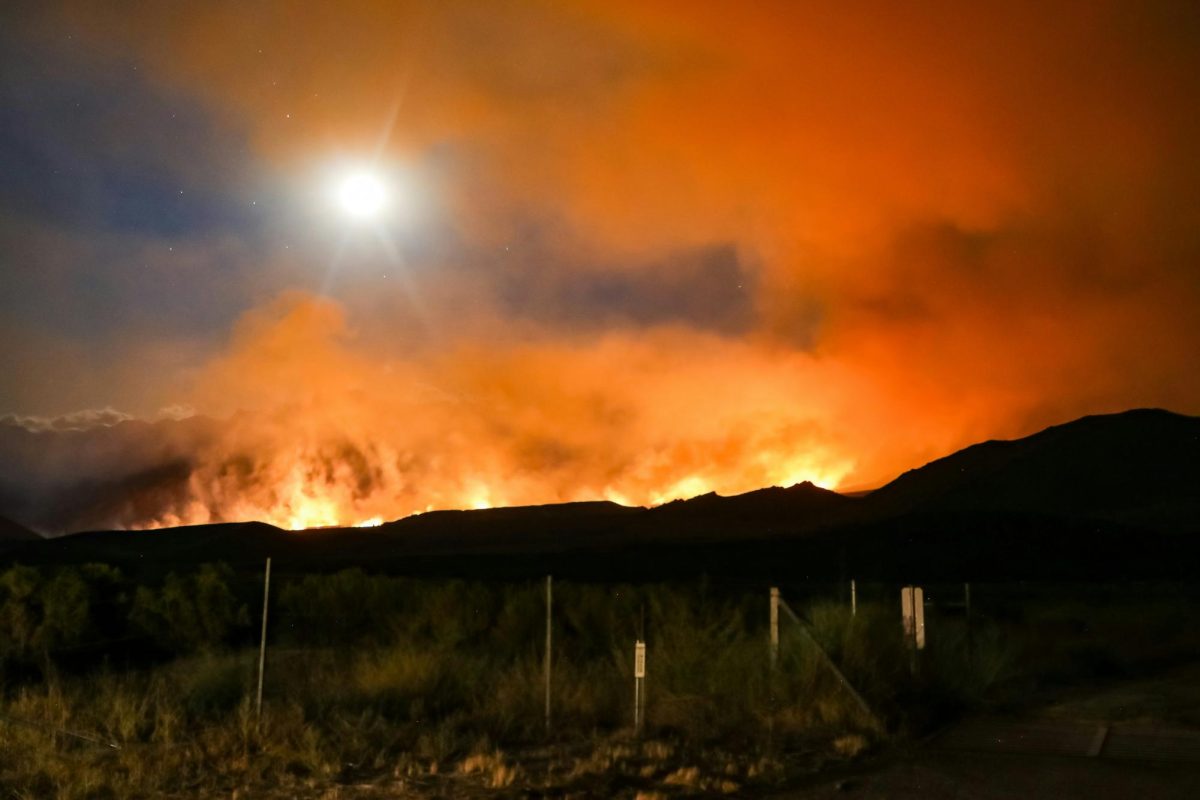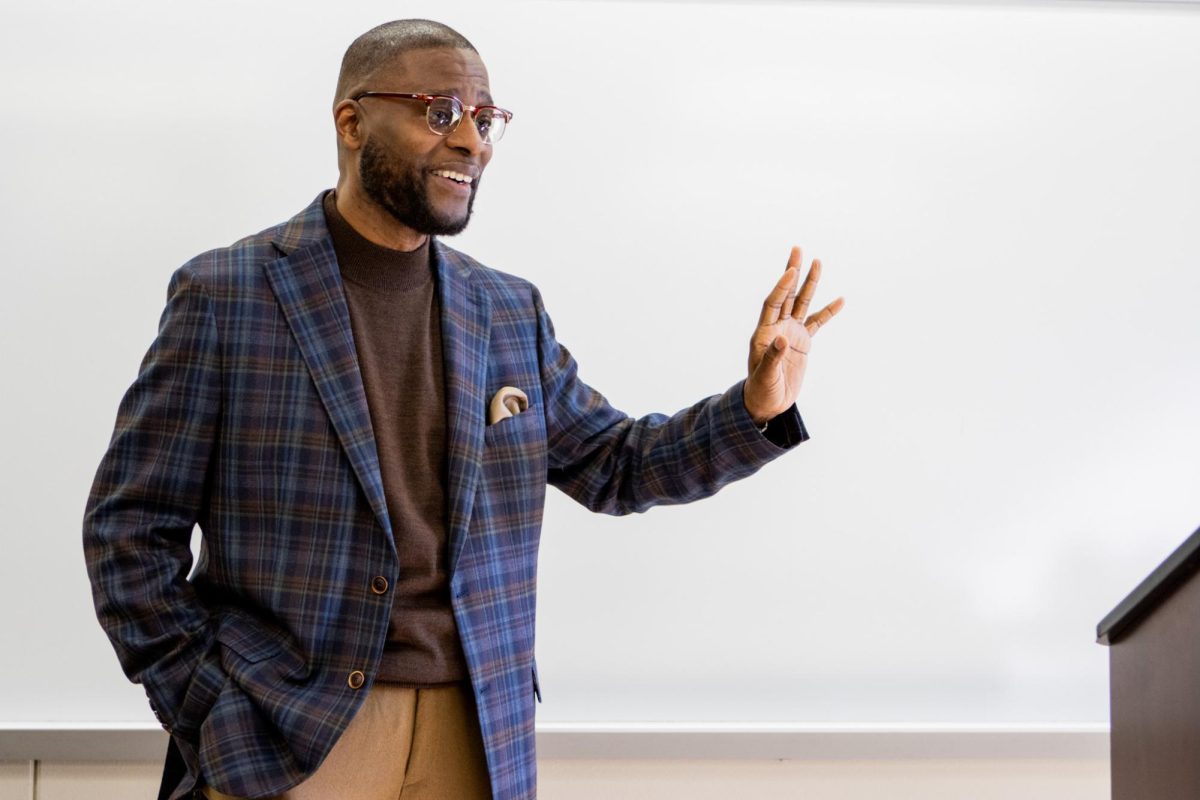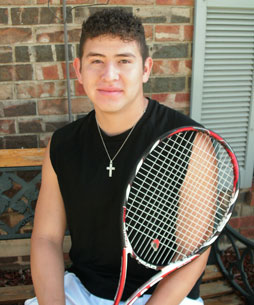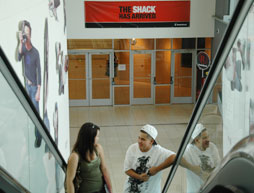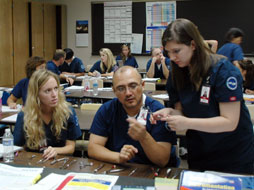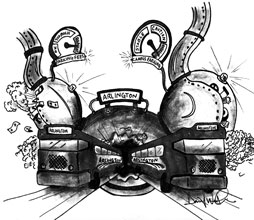By Edna Horton/nw news editor
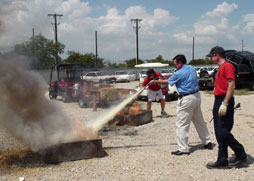
TCC science faculty learned about keeping students and faculty safe in labs and in everyday life in laboratory safety workshops on NW Campus Aug. 17 and 18.
The workshops taught on all TCC campuses cover safety rules and guidelines that all science faculty must learn.
Dr. Janice Smith, professor of biology on NW Campus, hosted the workshops, which were presented by Jim Kaufman, Laboratory Safety Institute director.
In 2004, NW Campus adopted safety rules from the Laboratory Safety Institute and has seen a significant decrease in accidents, Smith said.
Kaufman said four questions should be asked in everyday life regarding personal safety.
What hazards are present? Everyone should look out for nine different types of hazards: chemical, biological, mechanical, radiation, high- and low-pressure containers, noise, stress and electrical, Kaufman said.
Driving in a car is a mechanical hazard. One of the most dangerous road hazards today is texting while driving, which is considered six times more dangerous than drunken driving, Kaufman said. A radiation hazard is too much ultraviolet light, which can cause cancer. Physical hazards can include getting hurt while lifting a heavy box. One noise hazard is listening to a car radio that’s too loud, he said.
The second question is what could go wrong. In any situation, people should recognize what could be dangerous, Kaufman said.
Be prepared, he said. At home, have a fire evacuation route and make sure smoke detectors work. When in the lab, wear the correct safety gear: aprons, goggles and gloves.
One of the most important safety rules is to always wear safety goggles, Kaufman said.
“You can dance on an artificial leg, but you can’t see with an artificial eye,” he said.
Kaufman said prudent practices in any lab class should include hand washing and always wearing proper personal protection.
Instructors are role models. Whatever they do, students should do as well, he said.
“The dog sled can’t go any faster than the lead dog,” he said.
Working safely must be a condition of employment for instructors. If they cannot abide by the safety rules, then they should be let go, Kaufman said.
The same goes for students as well. If they fail to follow safety rules, they should be removed from the class, he said.
The “Commitment to Safety in the Laboratory” lists rules given to NW students who are tested on them at the beginning of each semester.
TCC faculty has a list of rules to follow as well, and Kaufman suggested having a letter from the dean of students stating that if anything should go wrong, he would back up the staff, Smith said.
Kaufman asked repeatedly throughout the workshops, “How many times is it acceptable for (any accident) to happen?”
He said the answer is never.
“You’ve probably had the experience of an instructor telling you, ‘Do as I say, not as I do.’ We’re very careful here,” Smith said. “If we tell you to wear closed-toed shoes, we also wear closed-toed shoes.”
All campus labs this semester will strictly enforce certain rules they haven’t in the past. Besides banning open-toed shoes, faculty will not allow food and drinks.
Smith suggested covering up for all labs. Wear pants, enclosed shoes and shirts with sleeves.
In the event of an accident, the first thing students should do is notify their instructor immediately. If it is a chemical spill or an eye injury, the student will be put immediately in the shower or the eyewash.
Smith suggested every student should program the campus police phone number 817-515-8911 into a cell phone.
A major part of the training session was learning to use a fire extinguisher.
Each lab has what is called a one, two, three kit in case of chemical spills. It includes keeping the spill from spreading, neutralizing acids and bases and neutralizing other chemicals.
“The faculty work together to plan experiments,” Smith said. “We work together to look at the safety risk involved, and we try and pick very safe experiments that still teach what we want them to teach.”
Smith said the most serious problem across the college is consistency, making sure all campuses use the same safety procedures. Instructors are working on this problem, and the situation is getting better, she said. Smith proposed forming a laboratory safety committee for all campuses to keep in touch and discuss what works and doesn’t work.
“I am very proud of the fact that every full-time faculty member of science on NW Campus has received LSI training,” she said, “and all of our science associates, instructional associates have received that training, so we are 100 percent trained.”
Smith will have a locally produced safety workshop in January on South Campus.




